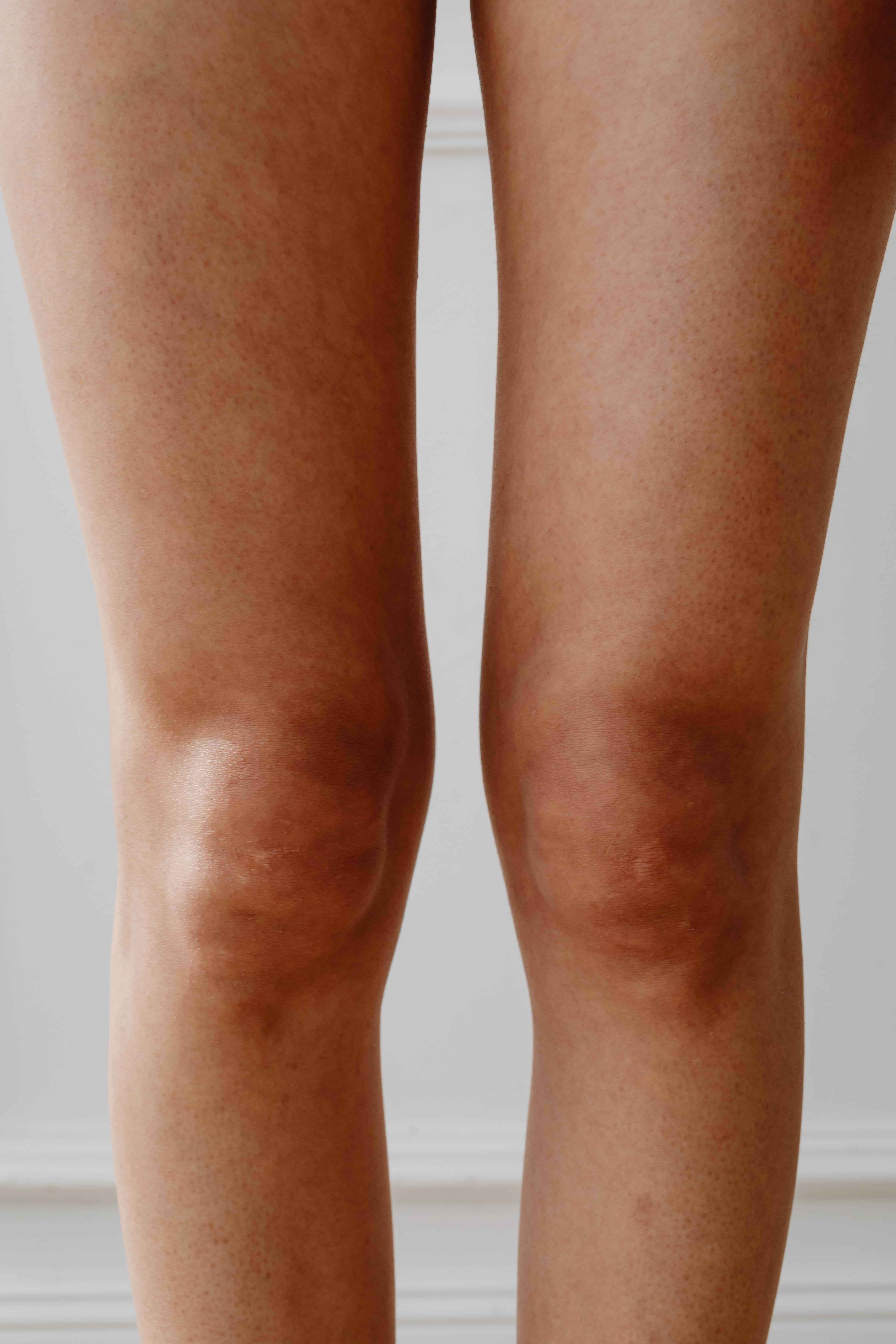Your knee crunching, clicking, or grinding can be a scary feeling… scary enough to stop you from doing the activity or sport you love to prevent it from becoming worse. However, is it something worth worrying about?
Many beliefs we hear in clinic when someone has noticed their knee making noise is that its ‘bone on bone’ or the knee joint is ‘wearing away’. Research into this area has shown that there is a no relationship between knee clicking/crunching (commonly referred to as crepitus) and function, activity level or ability to climb stairs. Physiological knee crepitus is most commonly a very normal experience, not related to pathology or injury to the knee joint. Knee crepitus alone does not impact knee strength or function, however, the fear and avoidance behaviours that follow, can result in a negative effect on health and activity.
If your crepitus is accompanied by pain, this may lead to further investigations from your physiotherapist. The question to be asking is if the noise is pathological or a normal physiological sound. Pathological knee crepitus is often associated with a specific event, incident, or injury i.e a popping noise of an ACL or click at a certain point during the knee motion indicating meniscal injury. A pathological knee crepitus will normally be accompanied by other signs like swelling and/or pain.
Physiological knee crepitus is more common than pathological and usually have no injury/event accountable to when the noise began. There is no link to pain. This type of knee crepitus can be caused by tiny bubbles in the fluid that surrounds the knee, moving or popping, movement of a ligament over a bone or a slight catching of the capsule that surrounds the knee. A large proportion of the population will experience physiological knee crepitus in their lifetime.
The takeaway message surrounding a creaky knee is that pain is the abnormality to note rather than crepitus. Clicking or grinding alone is not abnormal and when no other symptoms accompany it, should not discourage activity or strengthening.


